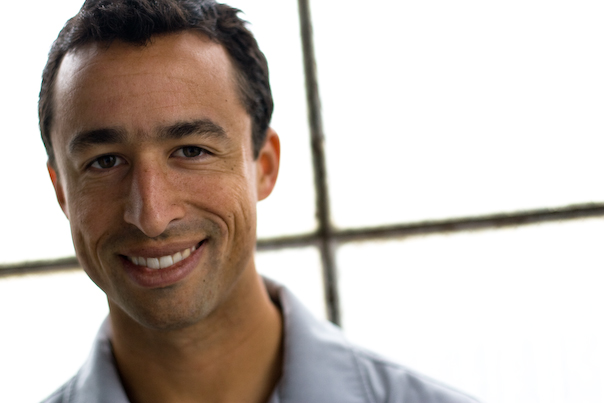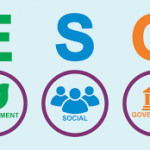I met Mike and Ryan Alfred when they first started Brightscope and right out of the gates, I knew that Brightscope was going to have an impact on the retirement plan business.
When I started my own practice in 2010, it was Mike Alfred who suggested I wrote and contribute on LinkedIn, so you can blame him for this website.
Q: How did and your brother come up with the idea of Brightscope?
A: We were drinking Maker’s Mark after work one day in the fall of 2007 and we said “why isn’t there a Morningstar rating for 401k plans”?
Q: Why did you call it Brightscope?
A: Our original name was 401k Sidekick. One of our board members presciently predicted that the company would do more than rate 401k plans. So we did a facilitated 4+ hour brainstorming session and BrightScope was the winner.
Q: What was the reaction when you were seeking funding for Brightscope?
A: Mostly positive. We had a credible story about the need for transparency in the retirement plan market.
Q: When you first unleashed your service in 2009, how did the retirement plan industry react to Brightscope?
A: Fiduciary advisors generally applauded and commissioned-based brokers generally frowned. There were a number of forward-thinking advisors and firms who partnered with us in the early days.
Q: The website debuted before required electronic filing of Form 5500, did the lack of quick plan information impact your business at first?
A: It was one of our primary challenges but also one of our greatest opportunities because the lack of data made it hard for anyone else to create a competitive rating. We put a bit of a burden on the DOL initially but the upgrades they made to their systems – in part to respond to our requests – have benefited the entire marketplace.
Q: Do you think Brightscope was part of the large movement for transparency that resulted in the fee disclosure regulations in 2012?
A: I think we played an important role in the process. We have provided data and analysis to the DOL, GAO, Senate Aging Committee, House Education & Labor Committee and many others over the years. We have been active in Washington DC and Ryan serves on the board of trustees at the Employee Benefit Research Institute (EBRI). In addition, we provided data for numerous mainstream media stories discussing the importance of fee transparency. Our vocal support of fee transparency may end up being one of the most important legacies of our firm.
Q: What do you think the impact has been because of the fee disclosure regulations and websites like Brightscope on the retirement plan industry?
A: More transparency leads to better products, better pricing, and better outcomes for American workers. The net result over time will be billions of dollars in extra savings.
Q: Compared to when you started Brightscope, do you think plan sponsors understand their fiduciary responsibility a bit more?
A: Larger sponsors have been assailed by lawsuits and have been forced to learn this lesson the hard way. Smaller plan sponsors are coming up the knowledge curve but many don’t have the time or resources to focus on this issue.
Q: One of the criticisms of fee disclosure was that we were going to have a race to zero and fees have gone down over time, do you believe that fees are going lower and lower and is that a good thing for plan sponsors and the industry?
A: The data shows very clearly that fees are falling. Firms like Vanguard that have massive scale and low fees will continue to gain market share. High cost firms and firms without scale will struggle. The net result for participants will be larger retirement savings balances.
Q: Some people in the industry are predicting gloom and doom over the new fiduciary rule. What do you think the impact will be on the retirement plan business?
A: There will be some challenges in implementation. That is to be expected with any new regulation. The long-term impact will be positive for participants. The impact on the financial industry will be more mixed. Not surprisingly, most of the arguments against the rule have come from the industry.
Q: Thanks to litigation, proprietary mutual funds and revenue sharing have come under fire. Do you think they are going to be phased out over time?
A: The short answer is yes. How we get there and how long it takes is still to be determined. The trends are strongly moving against proprietary funds and revenue sharing, particularly in the retirement business. In the long-term, all packaged products may be phased out by technology and algorithms creating infinitely custom solutions for a specific client.
Q: Phyllis Borzi will likely be leaving DOL EBSA this January. What do you think is her legacy?
A: It depends on if you ask the industry or a consumer and whether you ask in 3 years or 20 years. My personal opinion is that she’s done an excellent job of executing her agenda. She knows how to get things done in Washington DC and she’s been an aggressive defender of the American worker.







